 Issue 16 August 2017
|
Events |
ATREE Work Seminar-2017 |
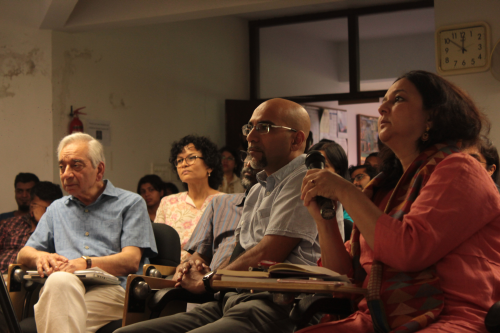 ATREE held the third edition of ATREE Work Seminar from 2nd-4th August. This biennial event featured speed talks and lectures on the importance of long-term ecological monitoring, complexities of urban landscapes, forests of the Eastern Ghats, Western Ghats and the eastern Himalayas, and the grasslands of India. This event provided ATREE’s researchers with an opportunity to present and discuss their work. The three-day event showcased 56 presentations and featured four pre-seminar workshops, three plenary talks, a panel discussion and poster presentations. For more information, visit aws.atree.org |
Accolades |
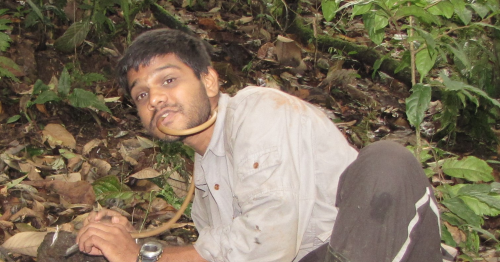 Aniruddha Marathe, a research scholar at ATREE, was placed second in the Conservation category at Student Presentations on Ecology, Evolution and Conservation (SPEECUp), Bangalore. This one-day event aimed to encourage and promote interactions among students of ecology, evolution and conservation working in Bangalore. |
Perspectives |
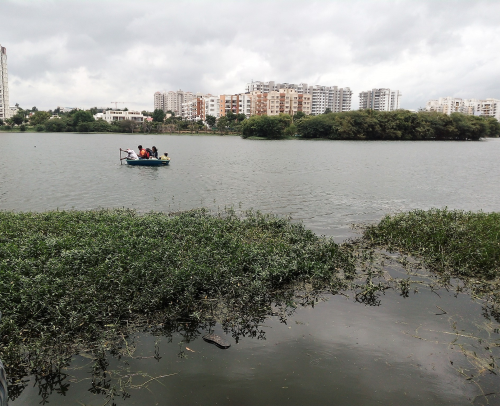 Bengaluru's lakes have become dumping grounds for the city’s sewage. Earlier this month, the state government was considering transferring the management of lakes to the Minor Irrigation Department. This move could put an end to the citizen-led lake management activities. ATREE's researchers, Veena Srinivasan and Sharachchandra Lele, explore what this shift in governance could mean for the city's lakes. |
Swachch Bharat Mission, toilets and solving open defecation |
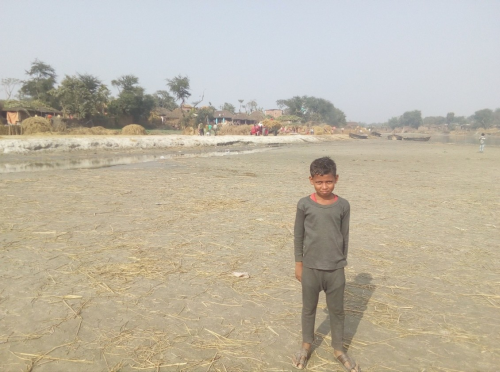 Swachch Bharat Mission’s myopic view of a cleaner India discounts the impact of toilets on water sources which people use for domestic purposes. Ranjeet Sahani, a research scholar from ATREE, evaluates the feasibility of constructing toilets in the floodplains of the River Kosi in north Bihar, where rains are known to inundate villages on the banks of the river. |
Using technology to map invasive plants |
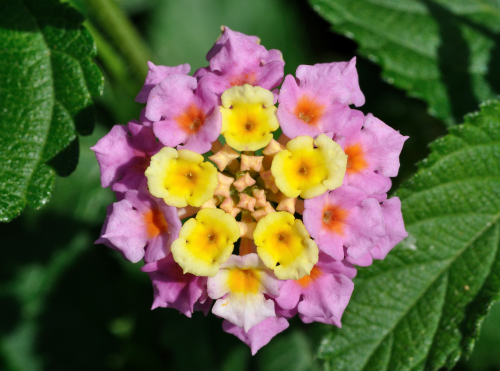 ATREE’s research scholar, Madhura Niphadkar and Harini Nagendra from Azim Premji University, write about their experience mapping Lantana camara in the Biligiri Ranganatha Swamy Temple (BRT) Tiger Reserve. They developed a novel way of combining high-quality images from satellites with the invasive plant’s seasonal, structural and physiological traits. |
In the News |
Tackling the dogged problem |
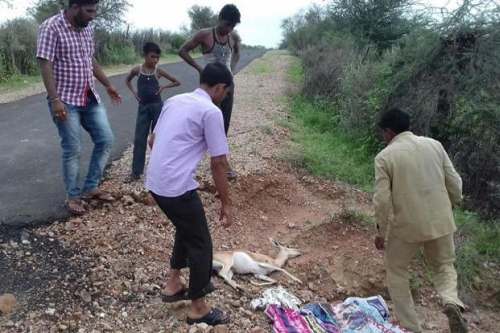 Forest authorities in Rajasthan are sterilising free-ranging dogs to curb dog populations and reduce their impact wildlife. ATREE’s researcher, Abi T Vanak, says that measures stronger than sterilisation are needed to control the threat posed by feral dogs on wildlife. Recent research reported that 188 threatened species are affected by free-ranging and domestic dogs globally. |
Indigenous communities and modernisation |
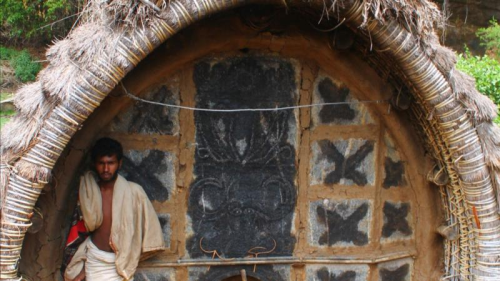 Many a time, modernisation can have unintended consequences on people. ATREE’s research scholar Nobin Raja talks about the introduction of tobacco to the Shompen tribe of the Great Nicobar in the Andamans by mainland Indians. With time, as the island’s natural resources were being chipped away, the Shompen’s way of life was heavily affected. Now several are addicted to tobacco and take to begging even as tourists increasingly throng to these areas. |
Recognising the role of communities in science |
 Local communities often play a vital role in research, especially ecological studies. However, their contributions to science often go unacknowledged. As historical residents of unique landscapes, their traditional knowledge has been vital to several studies. In this article, ATREE’s researchers highlight this gap in acknowledgement. |
Forest-based livelihoods |
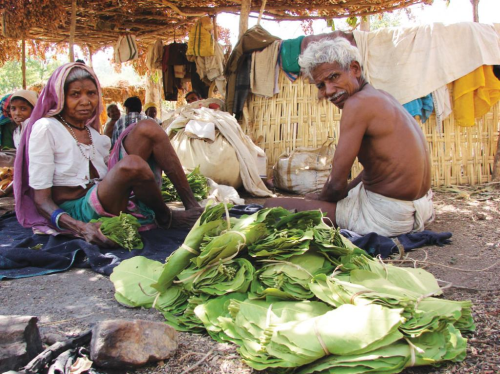 A minor forest produce, such as the tendu leaf, supports the livelihoods of 7.5 million in 12 states of India. However, the income generated seldom finds its way back to leaf collectors. Tendu has been a buyer’s market where collectors have little say over its price. ATREE’s senior researcher, Sharachchandra Lele, calls for support from the government to protect the livelihoods of tendu leaf collectors. |
Water issues in urban landscapes |
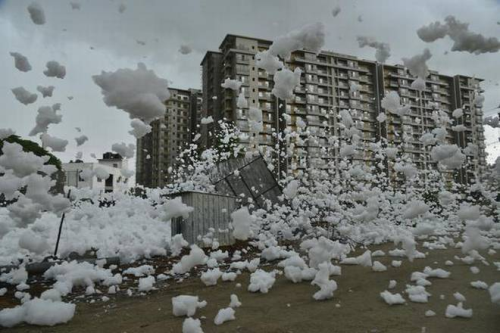 Recently, a mixture of bacteria was introduced in Bengaluru's infamous Bellandur Lake to stop its frothing. However, it seems likely that the reasons for frothing are not microbial. ATREE's researcher Sharachchandra Lele points out that the cause of the froth needs to be thoroughly investigated before introducing solutions that could do more harm than good. |
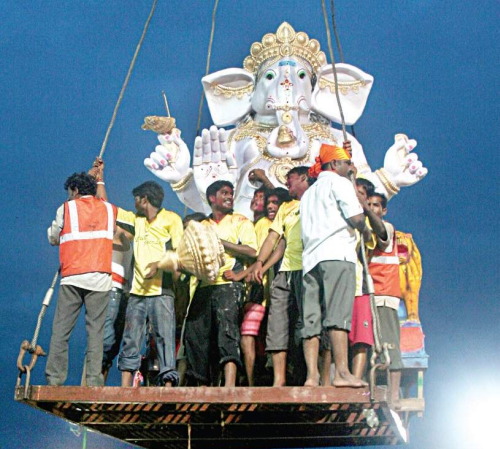 There is a growing demand for clay Ganesha idols as an eco-friendly alternative to the ones made of Plastic of Paris. However, as ATREE researchers Veena Srinivasan and Priyanka Jamwal Ghosh reveal large-scale clay depositions from these ‘eco-friendly’ idols during immersion will increase the turbidity and hamper the recharge of Bengaluru’s lakes. |
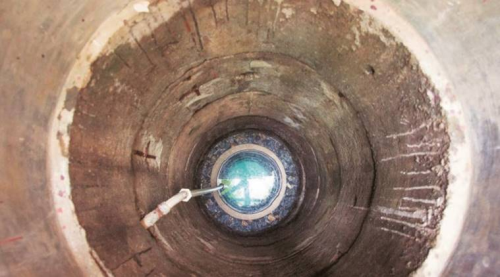 Open wells or 'bhavis' are being revived in the city to meet the growing water demand. However, as a result of the current trend of urbanisation, the ability of the land to recharge aquifers has reduced. ATREE's researcher Veena Srinivasan suggests that rainwater harvesting coupled with wastewater reuse can help in reviving wells. |
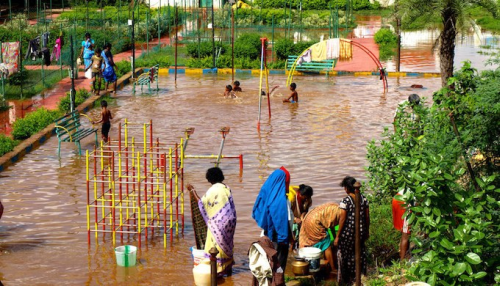 Heavy rains inundated several cities this month, and extreme rain events are occurring with greater frequency. But are our cities prepared to deal with ensuring water logging and floods? This article compiles studies and expert views on the resilience of Indian cities and quotes ATREE’s researchers Jagdish Krishnaswamy and Veena Srinivasan on changing weather patterns and Indian cities’ inability to drain floodwaters. |
Website: www.atree.org |




|